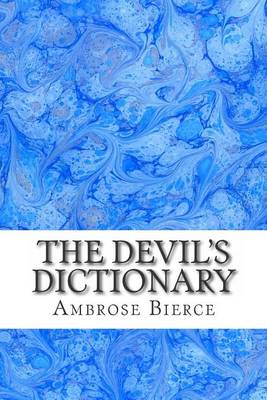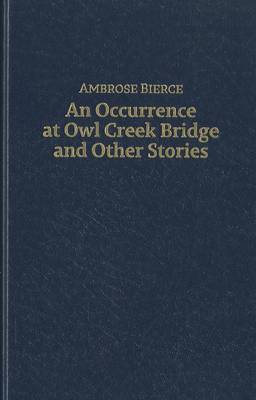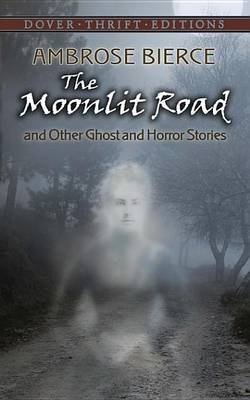Dover Thrift Editions
5 total works
Books for All Kinds of Readers. ReadHowYouWant offers the widest selection of on-demand, accessible format editions on the market today. Our 7 different sizes of EasyRead are optimized by increasing the font size and spacing between the words and the letters. We partner with leading publishers around the globe. Our goal is to have accessible editions simultaneously released with publishers' new books so that all readers can have access to the books they want to read.
Sixteen dark and vivid selections by a great satirist and short-story writer. "A Horseman in the Sky," "An Occurrence at Owl Creek Bridge," "Chickamauga," "A Son of the Gods," "What I Saw of Shiloh," "Four Days in Dixie," and 10 more. Masterly tales offer excellent examples of Bierce's dark pessimism and storytelling power.
History, n. an account mostly false, of events mostly unimportant, which are brought about by rulers mostly knaves, and soldiers mostly fools. Marriage, n. The state or condition of a community consisting of a master, a mistress, and two slaves, making in all two. Self-Esteem, n. An erroneous appraisement.
These caustic aphorisms, collected in The Devil's Dictionary, helped earn Ambrose Bierce the epithets Bitter Bierce, the Devil's Lexicographer, and the Wickedest Man in San Francisco. First published as The Cynic's Word Book (1906) and later reissued under its preferred name in 1911, Bierce's notorious collection of barbed definitions forcibly contradicts Samuel Johnson's earlier definition of a lexicographer as a harmless drudge. There was nothing harmless about Ambrose
Bierce, and the words he shaped into verbal pitchforks a century ago-with or without the devil's help-can still draw blood today.
These caustic aphorisms, collected in The Devil's Dictionary, helped earn Ambrose Bierce the epithets Bitter Bierce, the Devil's Lexicographer, and the Wickedest Man in San Francisco. First published as The Cynic's Word Book (1906) and later reissued under its preferred name in 1911, Bierce's notorious collection of barbed definitions forcibly contradicts Samuel Johnson's earlier definition of a lexicographer as a harmless drudge. There was nothing harmless about Ambrose
Bierce, and the words he shaped into verbal pitchforks a century ago-with or without the devil's help-can still draw blood today.
Famed for the mordant wit and satire of his essays and newspaper columns, Ambrose Bierce (1842–1914) also possessed a fascination with the macabre. His masterful tales of the supernatural bespeak an imagination generations ahead of its time, exhibiting impressionistic conceits of reality in which space and time expand and contract according to individual perception.
This stimulating and provocative collection of twelve of Bierce's finest ghost and horror stories abounds in crimes of passion, restless specters seeking revenge, haunted houses, forewarnings of doom, and sound minds deranged by contact with the spirit world. Selections include "The Eyes of the Panther," a chilling account of a young woman's supernatural link to a beast of the forest; "A Watcher by the Dead," in which a madcap wager has ghastly consequences; "The Man and the Snake," a hallucinogenic encounter between serpent and human; "Moxon's Master," a nineteenth-century caveat against the coming Machine Age; the celebrated title story; and seven other vignettes.
A feast for devotees of ghost and horror stories, this remarkable collection of intelligent and inventive tales will captivate any reader who enjoys a compelling and suspenseful narrative.
--back cover
This stimulating and provocative collection of twelve of Bierce's finest ghost and horror stories abounds in crimes of passion, restless specters seeking revenge, haunted houses, forewarnings of doom, and sound minds deranged by contact with the spirit world. Selections include "The Eyes of the Panther," a chilling account of a young woman's supernatural link to a beast of the forest; "A Watcher by the Dead," in which a madcap wager has ghastly consequences; "The Man and the Snake," a hallucinogenic encounter between serpent and human; "Moxon's Master," a nineteenth-century caveat against the coming Machine Age; the celebrated title story; and seven other vignettes.
A feast for devotees of ghost and horror stories, this remarkable collection of intelligent and inventive tales will captivate any reader who enjoys a compelling and suspenseful narrative.
--back cover




